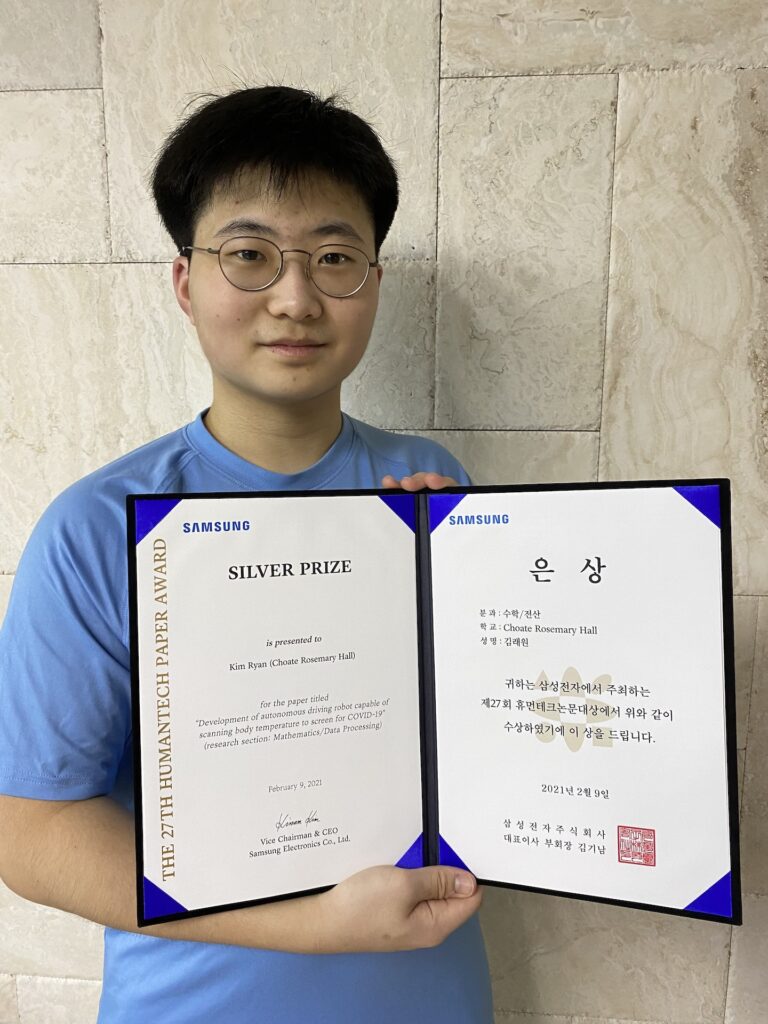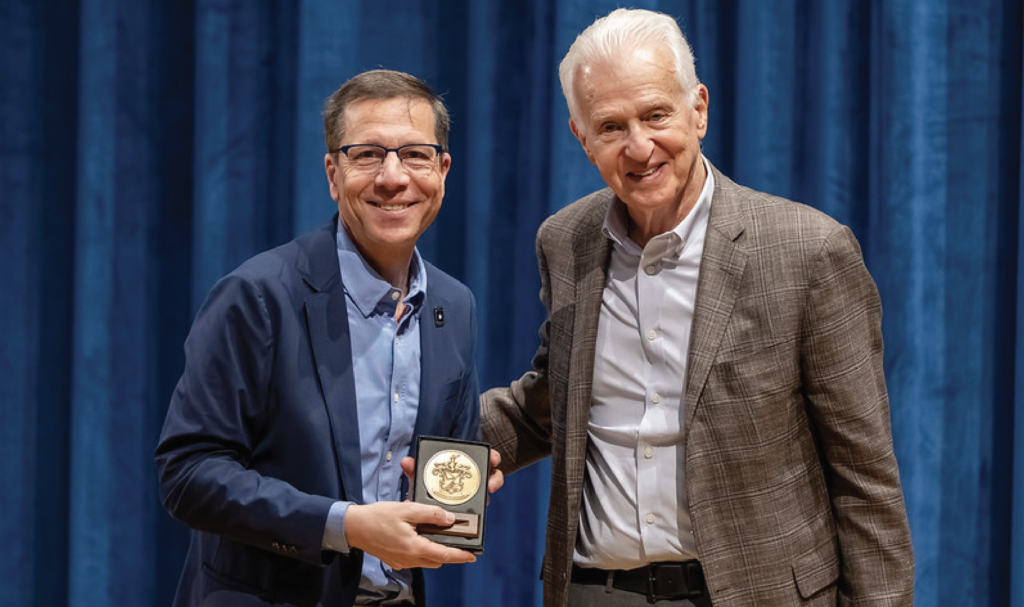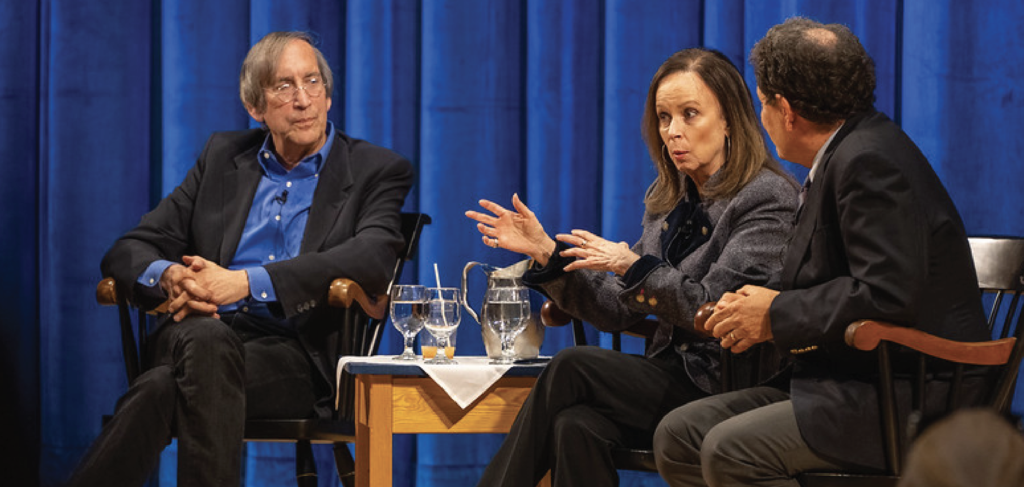
Photo Courtesy of Ryan Kim
On February 9, Ryan Kim ’23 received the silver prize for the Samsung HumanTech Competition, a science competition organized by South Korean technology company Samsung Electronics, for his novel robotic system.
As people around the world continue to be diagnosed with Covid-19, Kim has found a way to help keep people safe. Combining his creativity and passion for robotics, he constructed an autonomously navigating robotic system capable of accurately measuring body temperatures, so as to detect the most common symptom of Covid-19: a fever.
“I wanted to help out,” Kim said. “I felt powerless and really sad watching horrible things happen on the television. I knew I should do something to contribute and help people during these unprecedented times, even if it isn’t the biggest thing in the world.”
Bringing positive change to the world is what Kim truly values, saying, “I was constantly motivated by the thought that this really could bring social good, and I really submitted it just for fun, with no expectations. I am really honored to earn this award, but it really isn’t about that. It’s about helping as many people as possible during these difficult times. As scientists, as engineers, as entrepreneurs, as people, we should always work to try and help other people.”
Although there are many temperature scanners available, Kim has identified major issues with those currently in use. Remote temperature scanning kiosks are static and inefficient when used by large groups of people. The temperature readings can also be largely inaccurate as people may enter buildings from colder or warmer environments.
“A lot of stations are needed to cover a large area, and people often need to adjust their head to the scanner,” said Kim. “My system, on the other hand, can move autonomously and travel on its own between points marked on a map, able to avoid obstacles and stop to scan people if detected. It can also repeatedly scan people at room temperature for more accurate readings.”
Starting the project in April of 2020, Kim has invested countless hours into the machine. With this massive project, it was inevitable that he would run into challenges. “The hardest thing for me was definitely debugging — it took about 85% of my time. I had to figure what was wrong, and it could be literally anything. After doing this project, I can say that I have a lot of respect for engineers,” Kim said.
When asked about the competition, he said, “By no means did I start this project to enter a competition. It was never an intention or a goal. My intent was to apply my skills and knowledge to help people.”




